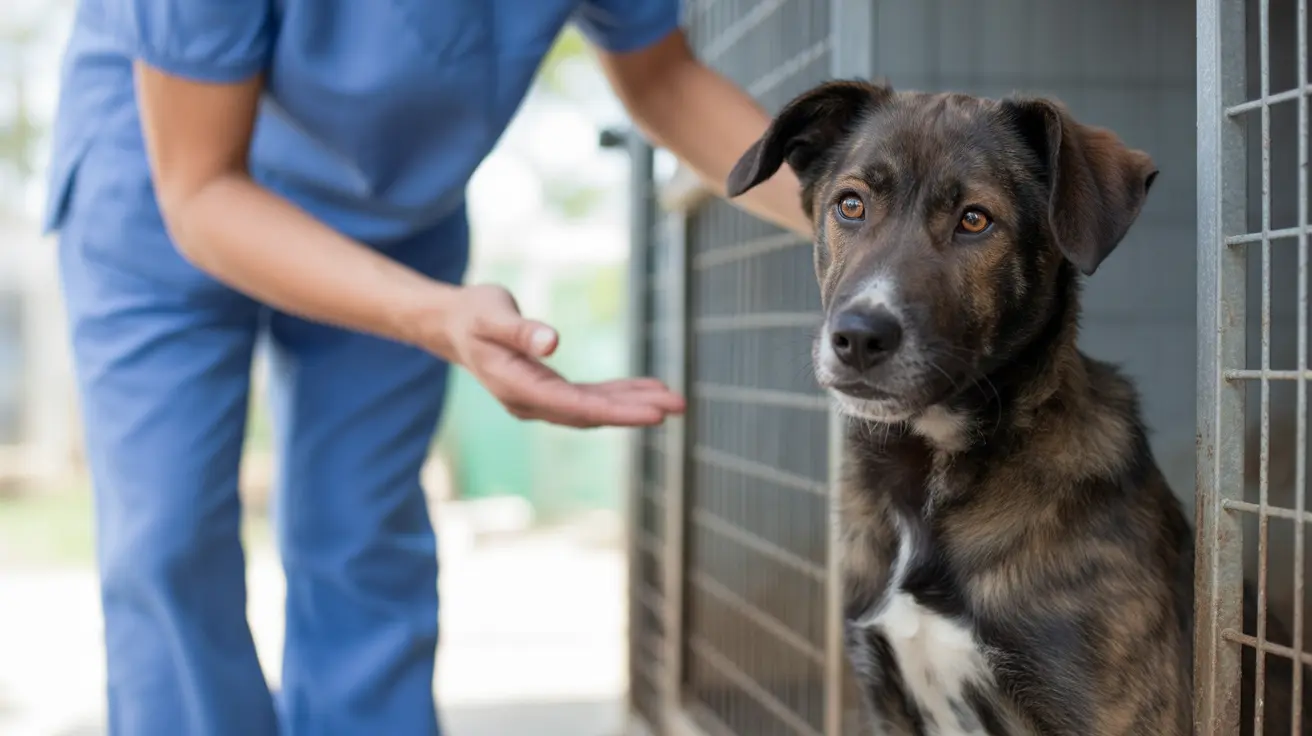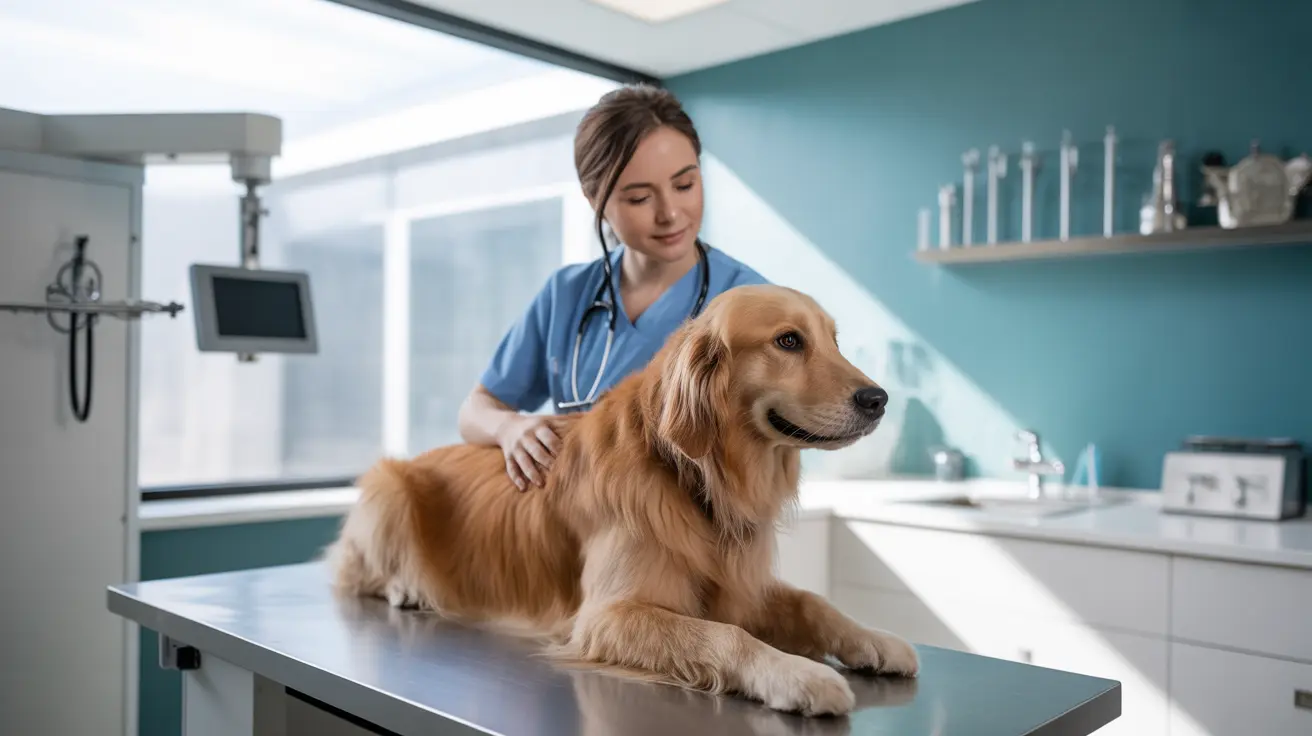Understanding the Smell of Liver Failure in Dogs
Liver disease in dogs is a serious medical condition that can affect multiple bodily systems and lead to distinct symptoms, including a notable change in breath odor. One particularly telling sign is foul-smelling breath that may resemble the odor of rotten eggs or garlic. This is not simply regular 'dog breath,' but a malodor that stems from internal physiological imbalances caused by liver dysfunction.
Why Liver Failure Affects Breath Odor
The liver is essential for detoxifying the blood, processing nutrients, and producing bile. When it begins to fail, toxins that the liver would normally clear from the bloodstream begin to accumulate. These toxins can alter metabolic processes and produce volatile compounds, which then exit the body through a dog’s lungs and breath.
- Sulfur compounds such as hydrogen sulfide may be released, causing a rotten egg smell.
- Methyl mercaptan and other sulfur-based gases can give the breath a distinctly garlic-like odor.
- The degree of the malodor often correlates with the severity of the liver impairment.
Symptoms Accompanying Liver Failure
In addition to offensive breath, dogs suffering from liver disease may exhibit other clinical signs:
- Jaundice—yellowing of the gums, skin, or eyes
- Lethargy and a lack of interest in normal activities
- Poor appetite and sudden weight loss
- Vomiting and diarrhea
- Swollen abdomen due to fluid accumulation (ascites)
- Neurological signs like disorientation or seizures (in cases of hepatic encephalopathy)
How the Liver's Role Impacts the Breath
The liver ordinarily processes proteins and filters bacteria and harmful byproducts from the intestines. When it fails, these byproducts (including ammonia and sulfur-containing substances) enter systemic circulation and are eventually exhaled through the lungs. The result is an unpleasant odor commonly described as akin to decomposing material or strong sulfur.
Other Causes of Foul Breath in Dogs
While liver failure is one cause of bad breath in dogs, several other conditions can also lead to malodor:
- Dental disease—The most common cause of chronic foul breath due to plaque and tartar buildup.
- Kidney disease—Produces a metallic or ammonia-like odor.
- Diabetic ketoacidosis—Leads to a sweet or fruity scent on the breath.
- GI disturbances—Including vomiting or bacterial imbalances that cause unpleasant breath.
When to Seek Veterinary Help
If your dog's breath suddenly becomes unusually foul—especially if it resembles rotten eggs or garlic—and is accompanied by symptoms such as vomiting, jaundice, or lethargy, immediate veterinary evaluation is warranted. The veterinarian may perform blood tests, imaging, and urinalysis to assess liver function.
Diagnostic Process
- Bloodwork: Elevated liver enzymes (ALT, AST, ALP) and bilirubin indicate liver stress or damage.
- Ultrasound: Helps detect structural changes like tumors or fibrotic tissue.
- Biopsy: May be necessary to confirm the type and extent of liver disease.
Treatment Strategies
Treatment will depend on the underlying cause but may include:
- Dietary changes—Low-protein liver-supportive diets reduce ammonia levels.
- Medications—To improve liver function and mitigate secondary symptoms.
- Supplements—Such as SAM-e, milk thistle, and vitamin E to support liver repair.
- Hospitalization—In severe cases, IV fluids and intensive care may be necessary.
Preventing Liver Disease
- Regular vet check-ups, especially for aging dogs
- Avoid feeding toxic substances like onions, garlic, grapes, or xylitol
- Use parasite prevention consistently
- Password-protect access to medications or chemicals around the home
Conclusion
A dog’s breath can reveal more than just what they recently ate—it can be an early sign of serious health issues. Breath that smells like rotten eggs or garlic may signal liver failure, a condition that requires prompt medical attention. Monitoring your dog's habits and undergoing regular veterinary assessments can help detect liver problems early, improving outcomes and quality of life.





